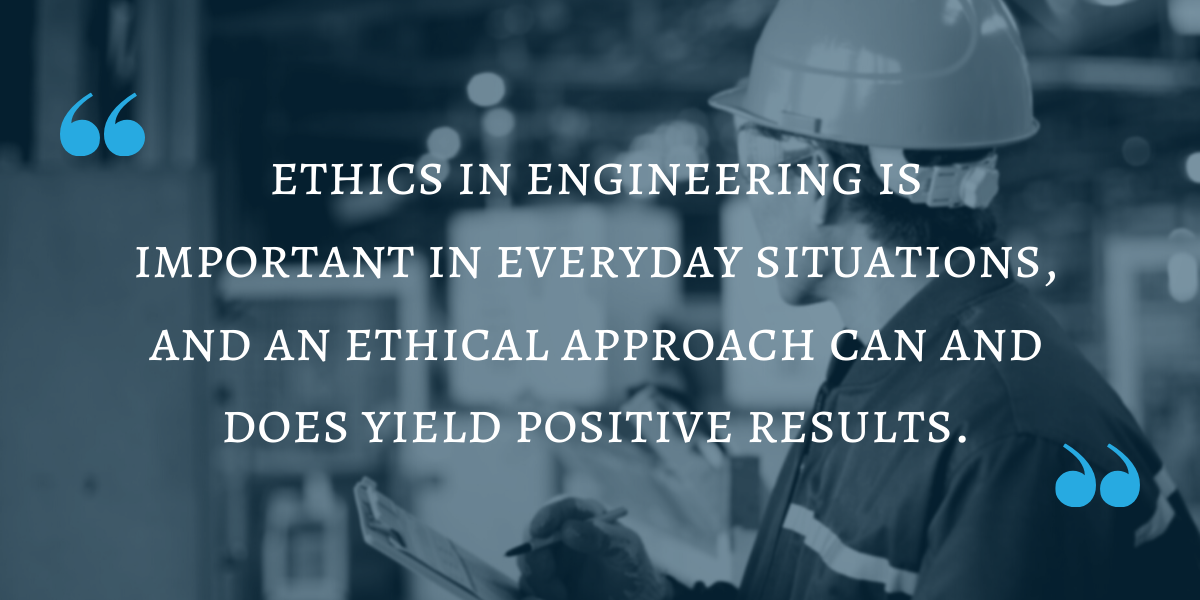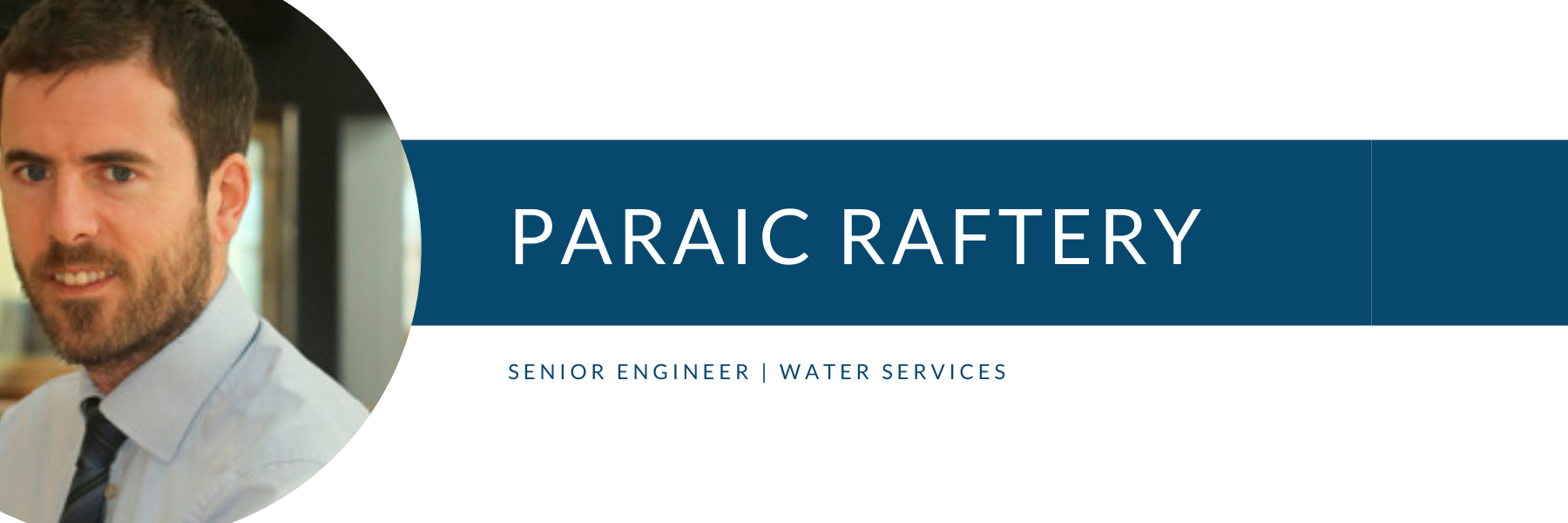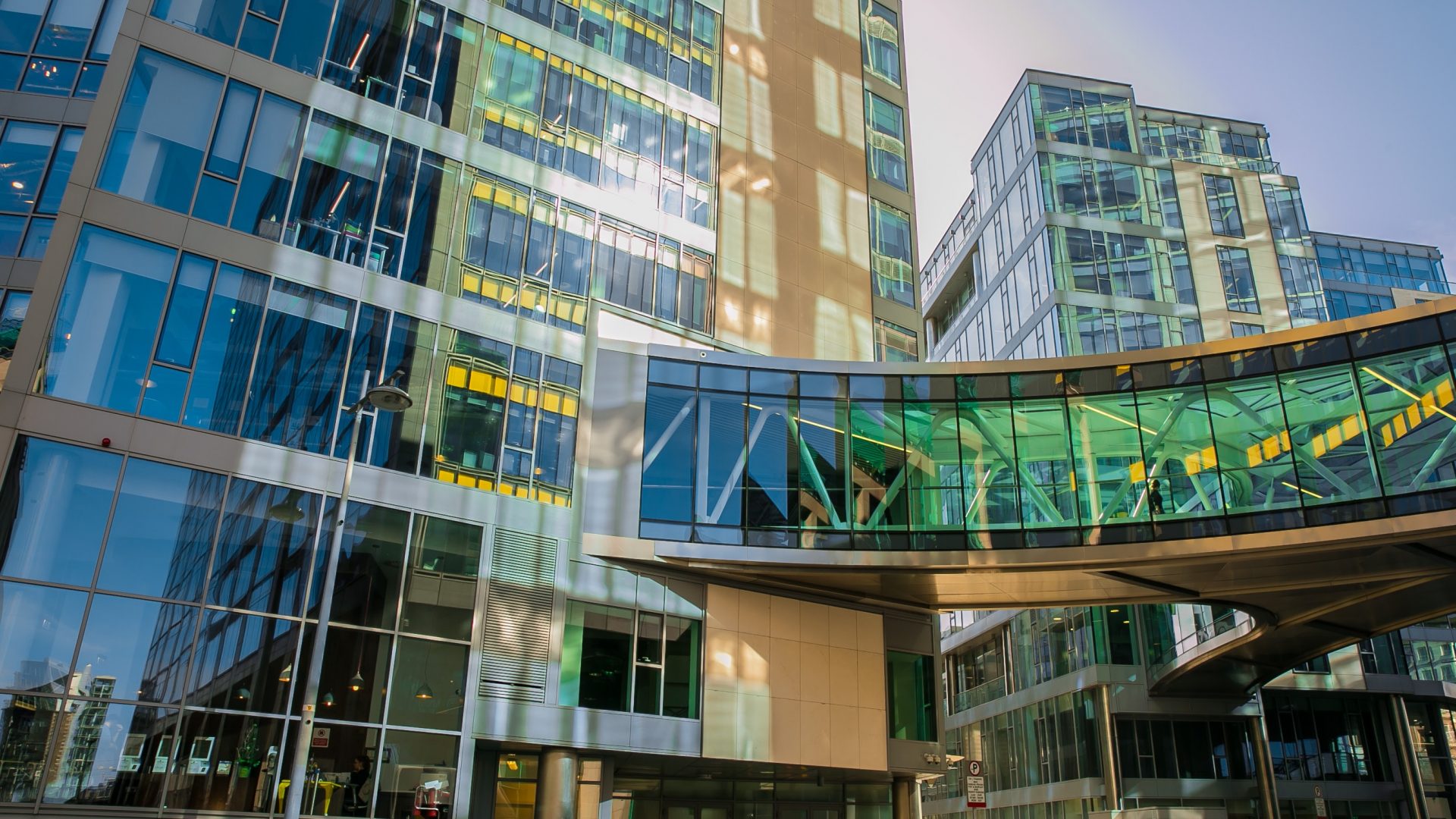
For the majority of engineers in this country, the Engineers Ireland Code of Ethics is the only easily accessibly document dealing specifically with ethics. Reading through the code, the most striking aspect is how much of the code is made up of things we take for granted. For instance, a conscientious engineer would have already realised the importance of part 1.1 stating that:
Members shall behave with integrity and objectivity in their relationships with colleagues, clients, employers, employees and with society in general.
However, there is much more to the Code than this, and I believe all engineers should become familiar with all aspects of the Code at an early stage in their career. Ethical considerations are the bedrock of responsible professional conduct, and as such, influence a wide range of issues from client relations to appropriate dress.
For instance, in today’s highly competitive environment, the Code of Ethics has a role to play in how engineering consultants compete fairly with each other for work. Part 1.4 (f) of the code states:
When acting as Consultants, Members shall not compete unethically with other Consultants.
The code goes on to state some important principles with regard to interaction between consultants. With the current economic outlook somewhat uncertain, the Code of Ethics sets the standard regarding the proper conduct of consultants in what is a highly competitive sector.
The Code also deals with the vital area of continuing professional development. It encourages members to develop their professional knowledge and skills, attend appropriate seminars and lectures, and keep informed of developments in their field of expertise. In an ever-changing sector, it has never been more important for engineers to take responsibility for their own continued learning.
In the last number of years, the issues of climate change and other environmental concerns have come to the forefront of engineering considerations on most major projects. Engineers have an obligation to ensure that projects are delivered in line with the principles and practices of sustainable development, and in such a way as to have the least negative effects on the environment. From a social standpoint, the effects on the environment will have an impact on the people therein. Therefore, an engineer with a sense of social responsibility will strive to ensure a project leaves a positive legacy to its environment.
In conclusion, it is my opinion that the Code of Ethics merely calls upon our natural sense of morality. It presents us with a touchstone for proper professional behaviour, and reminds us of our obligations to act in the best interests not only of our clients, but also of the common good.
In these uncertain economic and political times, it is vital that the engineering profession retains the confidence of the wider community. It is in this area that the Code of Ethics plays an important role.



